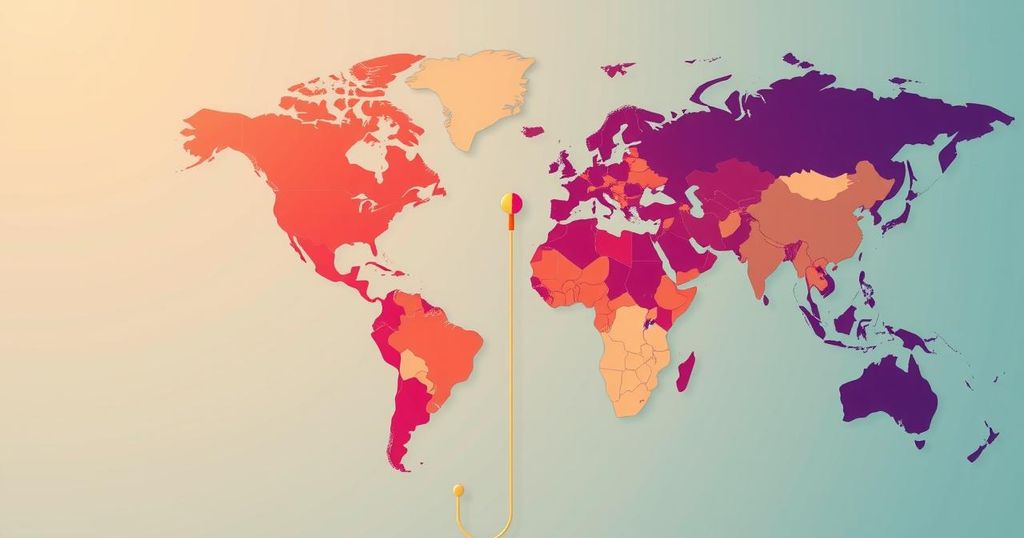Sudan has suspended all imports from Kenya after the RSF were hosted in Nairobi, citing national security concerns. The ban threatens trade ties, impacting key exports such as tea. Increased tensions have arisen as Kenya defends its actions as efforts toward peace, while Sudan condemns it as hostile. Economic repercussions and supply chain disruptions are anticipated amid ongoing conflict.
Sudan has imposed a ban on all imports from Kenya following the hosting of the paramilitary Rapid Support Forces (RSF) in Nairobi, amid a protracted civil war. The Sudanese military government declared that this import ban aims to defend the country’s sovereignty and national security, stating, “The import of all products coming from Kenya through all ports, crossings, airports, and ports will be suspended as of this day until further notice.”
Key imports from Kenya include tea, food products, and pharmaceuticals. The decree mandates immediate enforcement by relevant authorities and reflects escalating tensions between the two nations, particularly after Kenya’s President William Ruto faced criticism for his affiliations with the RSF. In response to these tensions, Sudan had previously recalled its ambassador, denouncing Kenya’s involvement in a supposed conspiracy to support the RSF government initiative.
Kenya’s engagement is defended as a peace-building effort to end the violence in Sudan without ulterior motives. Historically, the two countries enjoyed strong trade ties, with Kenya exporting significant goods to Sudan, particularly tea, which represents a substantial sector of foreign exchange earnings. However, this ban is anticipated to severely impact trade and the economy. Economist Ken Gichinga asserted the ban will lead to diminished foreign exchange, stating, “It would mean less foreign exchange and greater exposure to financial services.”
The Kenyan government has not officially responded to the import ban, though Agriculture Minister Mutahi Kagwe indicated that diplomatic solutions are being considered regarding market access in Sudan. Compounding the situation, Kenya’s tea exports to Sudan had already dropped by 12% last year due to the ongoing conflict, which began in April 2023 and has caused widespread destruction.
Currently, vital trade routes, including ports and border crossings, have been disrupted by the conflict, significantly decreasing the volume of goods between Sudan and its neighbors, including Kenya. The ongoing war has resulted in extensive devastation across Sudan, particularly in Khartoum, leading to thousands of fatalities and displacing over 12 million individuals, according to United Nations estimates.
In summary, Sudan’s decision to ban all imports from Kenya marks a significant deterioration in bilateral relations driven by geopolitical tensions. The import suspension reflects Sudan’s concerns regarding national security and sovereignty amid a violent conflict. This ban is likely to impact both nations economically, particularly affecting trade flows in essential commodities like tea.
Original Source: www.bbc.com






